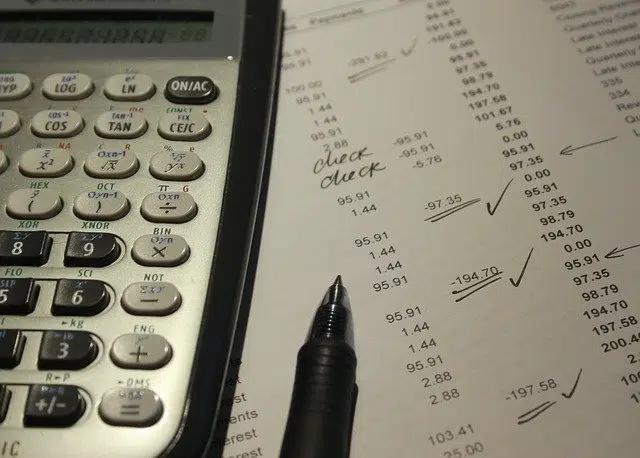
In deduction, the conclusion is necessarily inferred from the premises.
The term deduction , which derives from the Latin word deductio , refers to the act and consequence of deducing . This verb , in turn, refers to drawing a conclusion or discounting a certain amount .
For example: “This morning, when I got up, you were not at home: so, by deduction, I assume that you must have spent the whole night outside” , “The provincial government announced that it will apply a 2% deduction on all bank deposits that exceed 10,000 pesos” , “The treasury will allow the deduction of rental expenses from Income Tax” .
Deduction in logic
At the level of logic , deduction is a type of reasoning through which the conclusion is necessarily inferred from the axioms or premises. After a succession of formulas, deductive reasoning allows the conclusion to be drawn using inference rules.
Let's see how deduction works from premises:
Premise No. 1: “All dogs are mammalian animals”
Premise No. 2: “Bobby is a dog”
Conclusion: “Bobby is a mammalian animal”
As you can see, if all dogs are mammalian animals and Bobby is a dog , the logical deduction is that Bobby is also a mammalian animal since he is a dog . Deducing, in this framework, consists of the extraction of a particular truth based on a general principle.

In the tax field, a deduction is a relief.
The concept in a theorem
It is known by the name of deduction theorem , in the field of propositional logic, first order logic and other formal systems, a metatheorem that is very frequently used to carry out the demonstration of another. A metatheorem, for its part, is one of the branches of logic, and focuses on the study of the components and properties of logical systems; Among the latter, completeness, decidability and consistency stand out.
The deduction theorem can be defined as a formalization of the normal proof technique : the assumption of A is enough to conclude that B, and thus prove that B follows from A.
Everyday use of deduction as reasoning
In everyday life, outside the academic field and without strictly using the principles of logic, we apply deduction in an endless number of situations, although we do not always do so with all the appropriate tools .
The premises of the previous example have been verified, both the first (which can be developed thanks to the fact that human beings have dedicated centuries to the study of the species that inhabit planet Earth) and the second (since the observer ensures that Bobby be a dog before stating it). However, when we visit a natural area for the first time and see an animal unknown to us, it is normal for us to deduce its species , even if we do not have any scientific knowledge and without having examined it carefully.
This way of practicing deduction is very common, and can sometimes cause us serious problems, especially when the message we believe we are receiving makes us feel threatened or hurt. We can't escape our curious nature, our need to give our opinion about everything around us, but very often we overdo it and make mistakes that ruin relationships, leave us unemployed, or hurt others.
The notion in the fiscal field
In the tax field, a deduction is a relief : the discount of an amount from the tax or base of a certain tax.
Suppose that a person must pay 5000 pesos of Income Tax . Tax regulations, however, allow deduction from said tax of what is invested in productive activities. In the case of this individual, it is 1000 pesos . Therefore, the corresponding deduction is applied to the original settlement: the amount to be paid remains 4,000 pesos .
